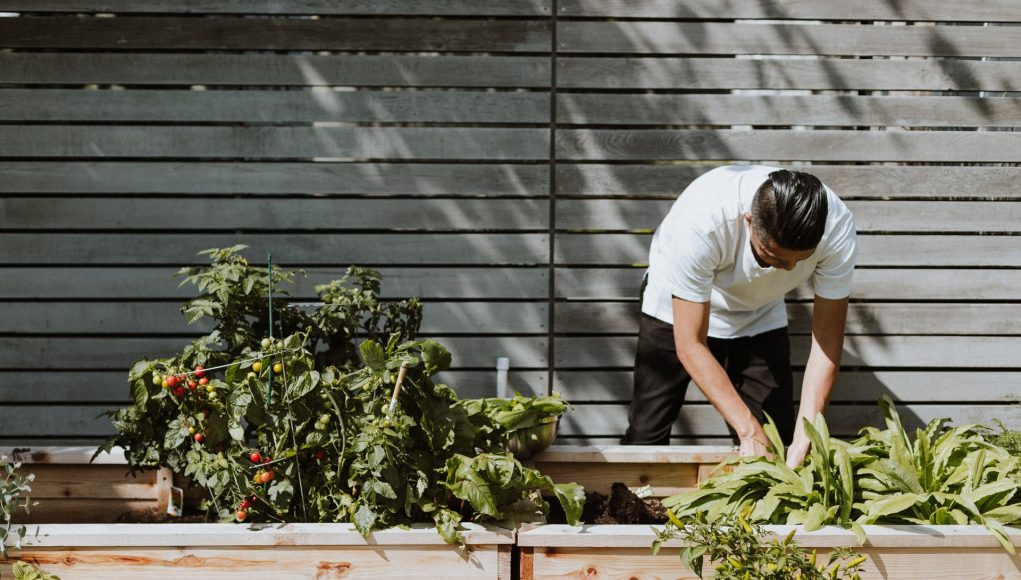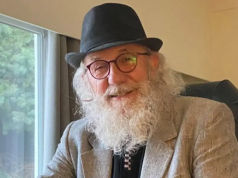Green living is good for you — and the planet
By David Suzuki with contributions from Senior Editor and Writer Ian Hanington
It’s hard not to despair over the state of the world, but one well-known, proven antidote is action.
And though what you do every day to avoid environmental damage may seem small and ineffectual — especially if you feel no one else is doing anything — know you’re not alone. Green living is coming onstream faster than ever before, and many people taking many actions add up to a world of difference.
Of course, confronting major issues like climate disruption, pollution and species extinction requires top-down actions from governments, industry and societal institutions, but each of us can contribute to the tidal wave of change the planet needs. After all, humanity’s utter interdependence with nature means that how we treat our surroundings affects us all.
Personal action is a great entry point into making the world a better place. With good information, anyone can make informed choices and adopt sustainable practices. Mindfully considering your habits and their effects on nature can also help you develop a deeper understanding of complex challenges our species faces.
Personal action is a great entry point into making the world a better place.
Linking environmental issues to everyday activities makes environmentalism easy, accessible and tangible. And simple steps like walking, cycling or taking transit instead of driving, or growing your own food and making your own home cleaners and personal care products, can save money and improve your health and quality of life.
Get out of your car. Plant gardens for butterflies and bees. Take part in climate strikes. All are ways to connect with others, build relationships and ignite hope — important for mental health. Learning about and practising sustainable habits will also help you more confidently participate in conversations on topics you care about.
It can be a challenge to live sustainably, though. That’s because many of our systems are deliberately designed to promote excessive consumption and waste for the sake of profit and economic growth. Making changes in your life can catalyze deeper involvement in activism — in your community and beyond — to improve those systems.
With so much going on in our lives, it can be difficult to know where to start, or find ways to step up our efforts. Joining a local organization is one option, but lots of online resources can also steer you in the right direction.
Making changes in your life can catalyze deeper involvement in activism — in your community and beyond — to improve those systems.
For almost two decades, the David Suzuki Foundation’s Queen of Green program inspired thousands to adopt Earth-friendly habits. Recognizing the need to remove barriers from participating in sustainable lifestyles and to seek input from diverse segments of society to identify solutions, the Foundation recently launched a renewed Living Green program.
Growing awareness of social and justice consciousness has brought problems in the eco-lifestyle community to light. It hasn’t always accurately reflected the true cross-section of society and, historically, could be considered sexist, classist, colonial and gendered.
Marginalized people and those living in remote or rural communities often face greater barriers to adopting green lifestyles — including lack of safe and sustainable transportation infrastructure, food insecurity, precarious work or housing, income insecurity, affordability of everyday goods, access to green spaces and environmental racism.
Disproportionately shouldering the role of nurturer in households and communities — including workplaces — women are also more likely to champion environmental causes and support sustainable lifestyles. Studies show some men won’t adopt green behaviours such as carrying reusable tote bags because they could be perceived as “too feminine.”
Recognizing the need to remove barriers from participating in sustainable lifestyles and to seek input from diverse segments of society to identify solutions, the Foundation recently launched a renewed Living Green program.
It doesn’t have to be that way.
Diverse communities in all socioeconomic circumstances have long traditions of practising sustainable lifestyles for economic, cultural and survival reasons. And to overcome environmental crises, we all have to contribute. We can learn from each other, and the beauty and strength diversity brings is not just theoretical; it’s proven by science. As humans, we must embrace diversity — in our families, organizations and communities.
It’s important to push for changes to the institutional and societal structures and beliefs fuelling the climate, biodiversity, pollution and other environmental crises, and the changes we make in our individual lives signify support for those large-scale shifts needed to protect nature’s diversity and the well-being of all life. They can also get us to question our values, an important step in a world where wealth and unbridled consumerism are often prioritized.
Live green. You’ll feel better for it. Let’s all be part of the solution!






